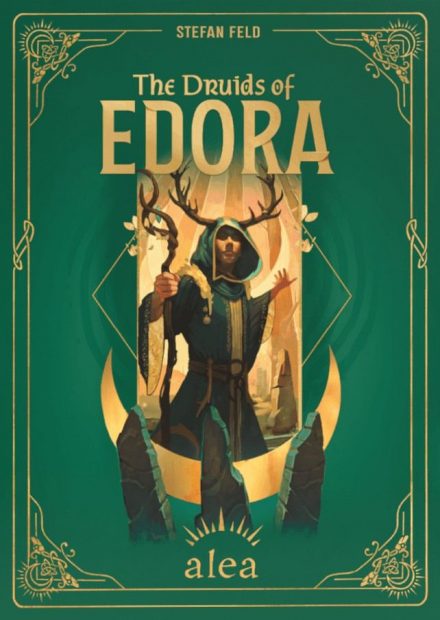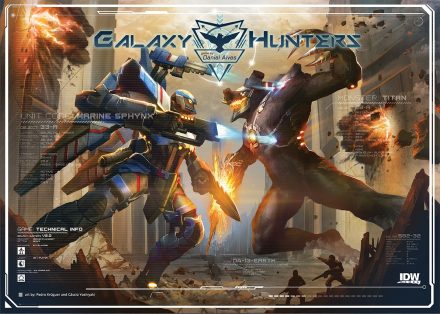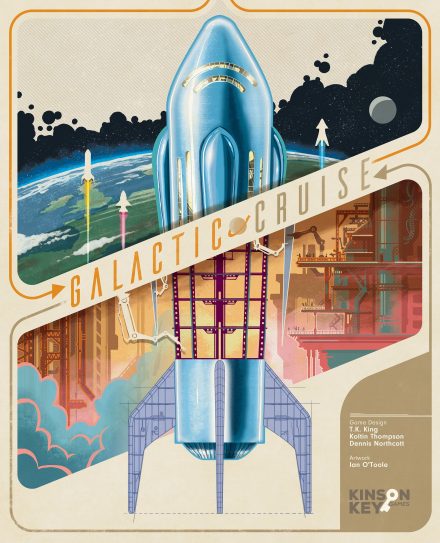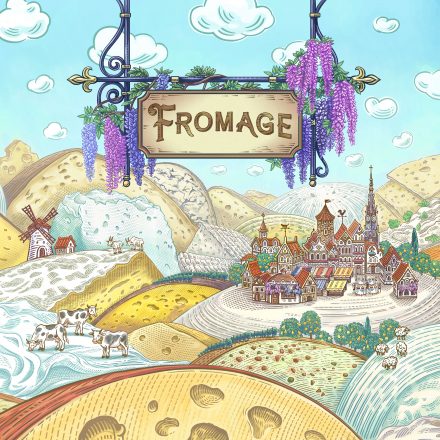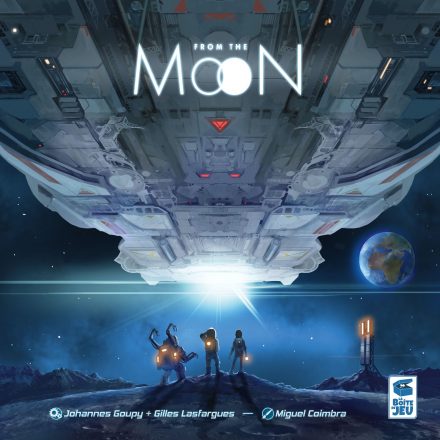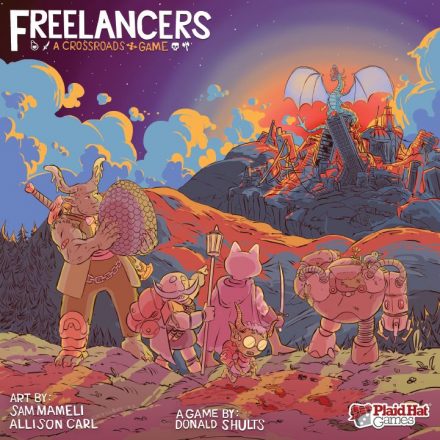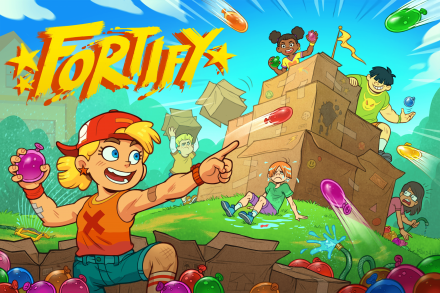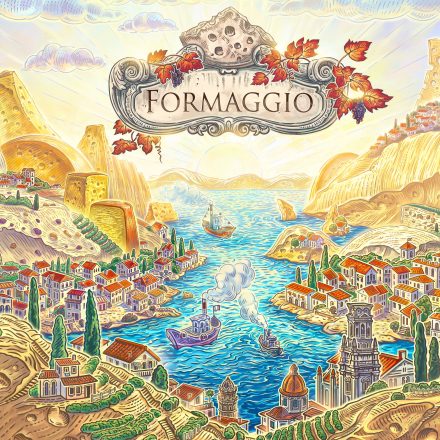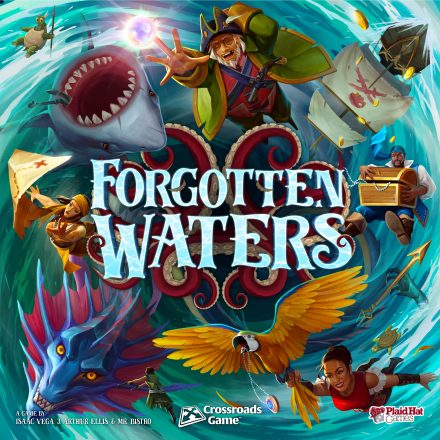The Druids of Edora is a game of strategic dice placement. Walk through ancient forests in the footsteps of fairy folk, past monolithic menhirs, and under strands of mistletoe. As druids you will place dice to take actions to gather provisions, gain knowledge, brew potions, and gain bonuses. Build stone structures, collect herbs, and leave your mark in the sacred wood.
Each turn is a few simple steps that with the right strategy will earn you prestige points and bring you closer to victory.
Dive into this fantastic new strategy game from the team behind The Castles of Burgundy.
Prove yourself worthy of the ancient ones and bring glory to your forest.
Game Mechanics:
Game Specifications:
- 2 – 4 Players
- 60 – 90 Minutes
- Difficulty Weight 3.04

